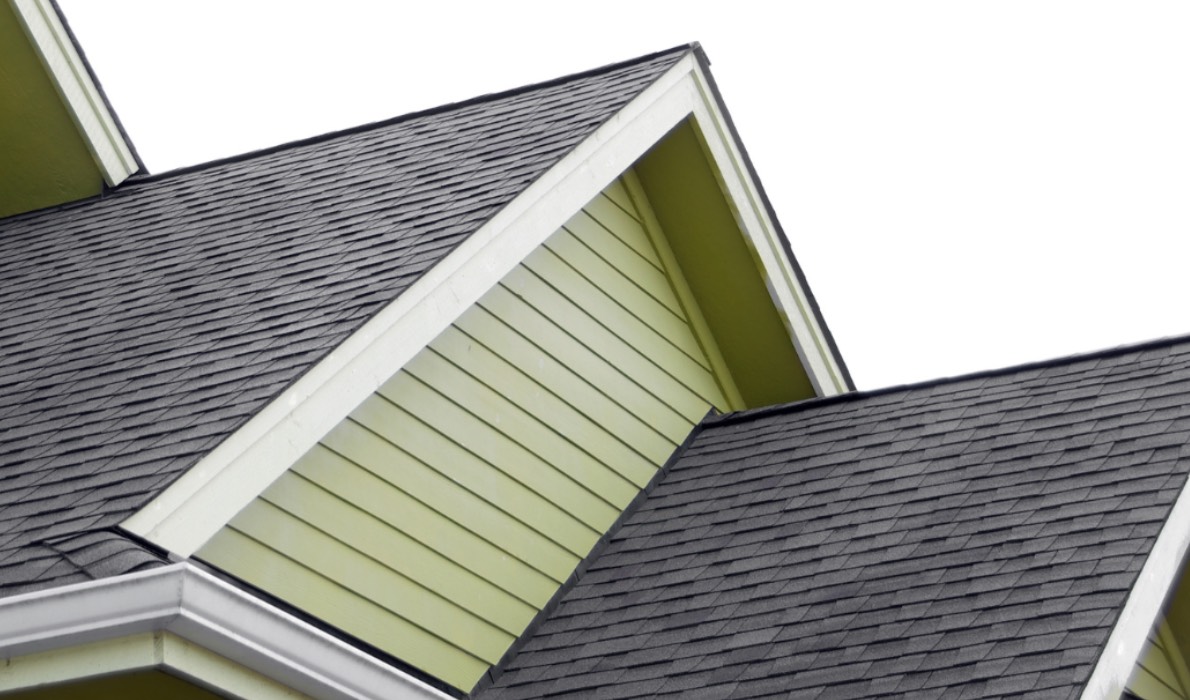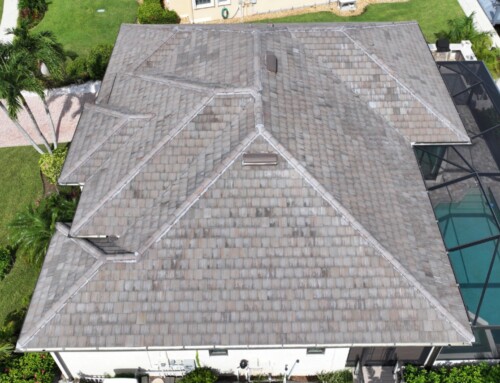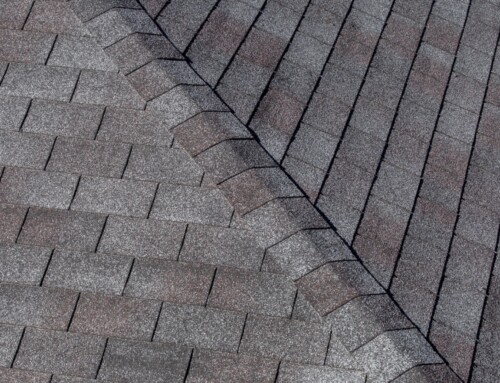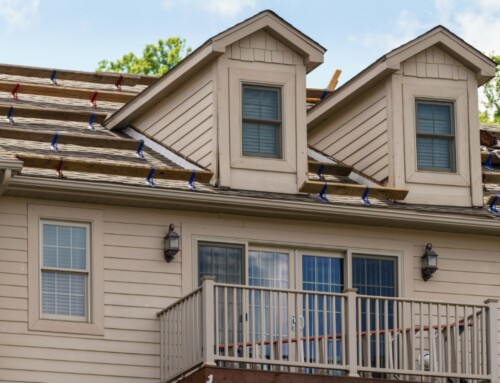Roofing warranties are crucial for homeowners in Florida. They provide a safety net for your investment, ensuring you’re covered if things go wrong.
But what exactly is a roofing warranty?
It’s a guarantee provided by roofing contractors or manufacturers. It covers defects in materials or workmanship, protecting you from unexpected costs.
However, not all warranties are the same.
Understanding the specifics of your warranty is key. It helps you know what’s covered, what’s not, and how to make a claim if needed.
This guide will explain everything you need to know about roofing warranties in Florida. Let’s dive in.
Understanding Roofing Warranties in Florida
In Florida, roofing warranties are vital because of the state’s unique climate. High humidity and frequent storms can take a toll on roofs, making robust warranties essential.
There are two primary types of warranties: manufacturer warranties and workmanship warranties. Manufacturer warranties cover defects in roofing materials, while workmanship warranties protect against installation errors. Knowing the difference can save you from expensive repairs later on. Understanding these aspects is crucial for homeowners looking to safeguard their investments effectively.
Manufacturer Warranties vs. Workmanship Warranties
Roofing warranties in Florida are not all the same. Manufacturer warranties cover issues related to roofing materials. These warranties typically address defects or failures in shingles, tiles, or metal. It’s important to understand the specifics of what your manufacturer warranty offers.
On the other hand, workmanship warranties are about the installation process. They protect you from problems arising from poor installation techniques by the roofing company. Workmanship warranties can vary greatly depending on the roofing contractors you choose.
Here’s a breakdown of key aspects to consider:
- Manufacturer Warranty: Covers defects in roofing materials.
- Workmanship Warranty: Protects against faulty installation.
- Duration: Workmanship warranties often have shorter terms than manufacturer ones.
Understanding the distinctions between these warranties helps you choose the right coverage when considering roof replacement or repair. Both are essential in ensuring long-term roof performance.
The Duration and Factors Affecting Roofing Warranties
The duration of roofing warranties can vary widely. Standard manufacturer warranties often last 20 to 50 years. Some workmanship warranties, however, might only cover a few years of protection.
Several factors influence the length and terms of these warranties. The quality of roofing materials plays a significant role in determining the duration. Premium materials tend to come with longer warranty periods. Additionally, the experience and reputation of the roofing company can impact the warranty duration and reliability. Understanding these factors can guide you in selecting the best warranty for your needs.
Florida’s Climate and Its Impact on Roofing Materials

Florida’s climate poses unique challenges for roofing materials. The combination of heat, humidity, and severe weather can strain roofing systems. Choose materials that can withstand these conditions to prolong the roof’s life and warranty.
Roofing warranties in Florida often account for these environmental factors. High-quality materials like metal or tile usually endure Florida’s climate more effectively. Durable materials are less likely to suffer from defects or deterioration, maintaining warranty validity. Understanding climate-related impacts will help you select the right materials and ensure warranty coverage fits your needs.
Common Exclusions in Roofing Warranties
Roofing warranties come with certain exclusions that are crucial for homeowners to understand. These exclusions outline scenarios where the warranty won’t offer coverage. This knowledge can prevent unpleasant surprises when filing a claim.
Typical exclusions in roofing warranties include:
- Damage from “acts of God” like hurricanes.
- Improper installation errors not covered by manufacturer warranties.
- Damage from failure in maintenance or unauthorized repairs.
Understanding these exclusions helps homeowners avoid situations where they might lose warranty coverage. It’s important to discuss these details with a roofing company. This ensures clarity on what is covered and what isn’t. Being proactive in comprehension can save time and money in the long run.
The Role of Roofing Contractors in Warranties
Roofing contractors play a key role in providing warranties for homeowners. They often offer workmanship warranties that cover the installation process. This warranty is distinct from manufacturer warranties, which cover roofing materials.
Choosing a reputable roofing company is crucial for reliable warranty coverage. Skilled contractors ensure correct installation, which is vital for warranty validity.
Before hiring, verify if the contractor is certified and recognized by roofing material manufacturers. This recognition often enhances the reliability of the warranty provided. Engaging with experienced contractors can give homeowners peace of mind about their roof’s protection and durability.
Verifying and Understanding Your Roofing Warranty

Understanding your roofing warranty requires a careful review of the terms and conditions. It’s essential to know what is covered and for how long. This knowledge can prevent unwelcome surprises when issues arise.
Verifying a warranty involves checking its legitimacy and scope. Ensure the warranty is documented and endorsed by the roofing company and the material manufacturer. This step confirms coverage if a claim becomes necessary. Clear communication with your roofing contractor helps clarify any ambiguities, ensuring you fully understand the warranty’s provisions.
Filing a Warranty Claim: The Process in Florida
Filing a warranty claim in Florida begins with reviewing your warranty document. Understand the specific coverage terms and necessary conditions. Documentation is crucial, so gather all relevant receipts, photos, and proof of regular maintenance.
Next, contact your roofing company or contractor promptly to initiate the claim process. Describe the issue in detail and provide the collected documents.
Timely communication can help expedite the claim. Ensure you understand any additional steps you may need to take, such as scheduling an inspection. Addressing warranty issues quickly helps to minimize potential damage and future costs.
Maintenance: Keeping Your Roofing Warranty Valid
Regular maintenance is essential for keeping your roofing warranty valid. Most warranties require routine inspections and care to prevent damage. Neglecting maintenance can lead to voided coverage, leaving you unprotected.
It’s crucial to handle minor repairs promptly. This includes addressing issues like missing shingles or blocked gutters before they escalate.
Documentation of all maintenance work is also vital. Keep records of inspections and any repairs performed to support potential claims. Consistent maintenance will extend the life of your roof and ensure warranty compliance, providing peace of mind and financial security.
Prorated vs. Non-Prorated Warranties: What’s the Difference?

Understanding the difference between prorated and non-prorated warranties is key when evaluating roofing options. A prorated warranty means the coverage decreases over time. As your roof ages, the financial protection provided by the warranty reduces.
In contrast, a non-prorated warranty offers full coverage throughout its entire duration. This type of warranty provides consistent protection for repairs or replacement if needed. Consider the potential long-term benefits of a non-prorated warranty, especially if you plan to stay in your home for many years. Recognizing these distinctions helps choose the right warranty for your roofing investment.
Tips for Choosing the Right Roofing Company and Warranty
Selecting the right roofing company is crucial for protecting your home with a solid warranty. Begin by researching local contractors known for quality work and strong warranties. Ensure they are licensed, insured, and have positive customer reviews.
Consider these tips when comparing warranties:
- Coverage Extent: Compare what each warranty covers in terms of materials and labor.
- Duration: Look for warranties offering the longest protection possible.
- Transferability: Check if the warranty can be transferred to a new owner.
- Reputation: Prioritize roofing companies with a reputation for honoring their warranties.
Asking the right questions and understanding the details will help ensure you select a reliable company and an adequate warranty. This proactive approach will provide peace of mind and safeguard your roofing investment over time.
The Importance of a Solid Roofing Warranty
A solid roofing warranty is not just a document; it’s a safety net for homeowners. In Florida’s unpredictable climate, having a comprehensive warranty ensures that any issues with your roof are addressed promptly and without significant out-of-pocket expense.
When choosing roofing contractors or companies, prioritize those that offer robust warranties. This decision safeguards your investment and enhances your home’s value. With the right warranty, you gain peace of mind, knowing that your roofing needs will be met efficiently and effectively. Consider warranties as an integral part of your overall home maintenance strategy.
For expert guidance on roofing warranties and to ensure your home is protected with the best roofing solutions, contact Ridge Valley Exteriors today! Don’t leave your investment to chance—let us provide you with peace of mind through quality service and robust warranties. Contact us now for an inspection!





